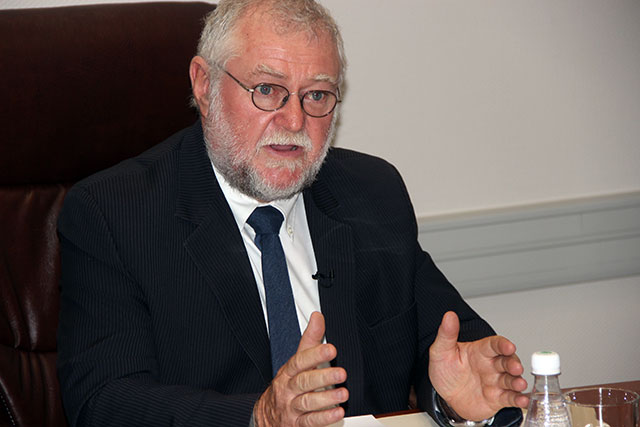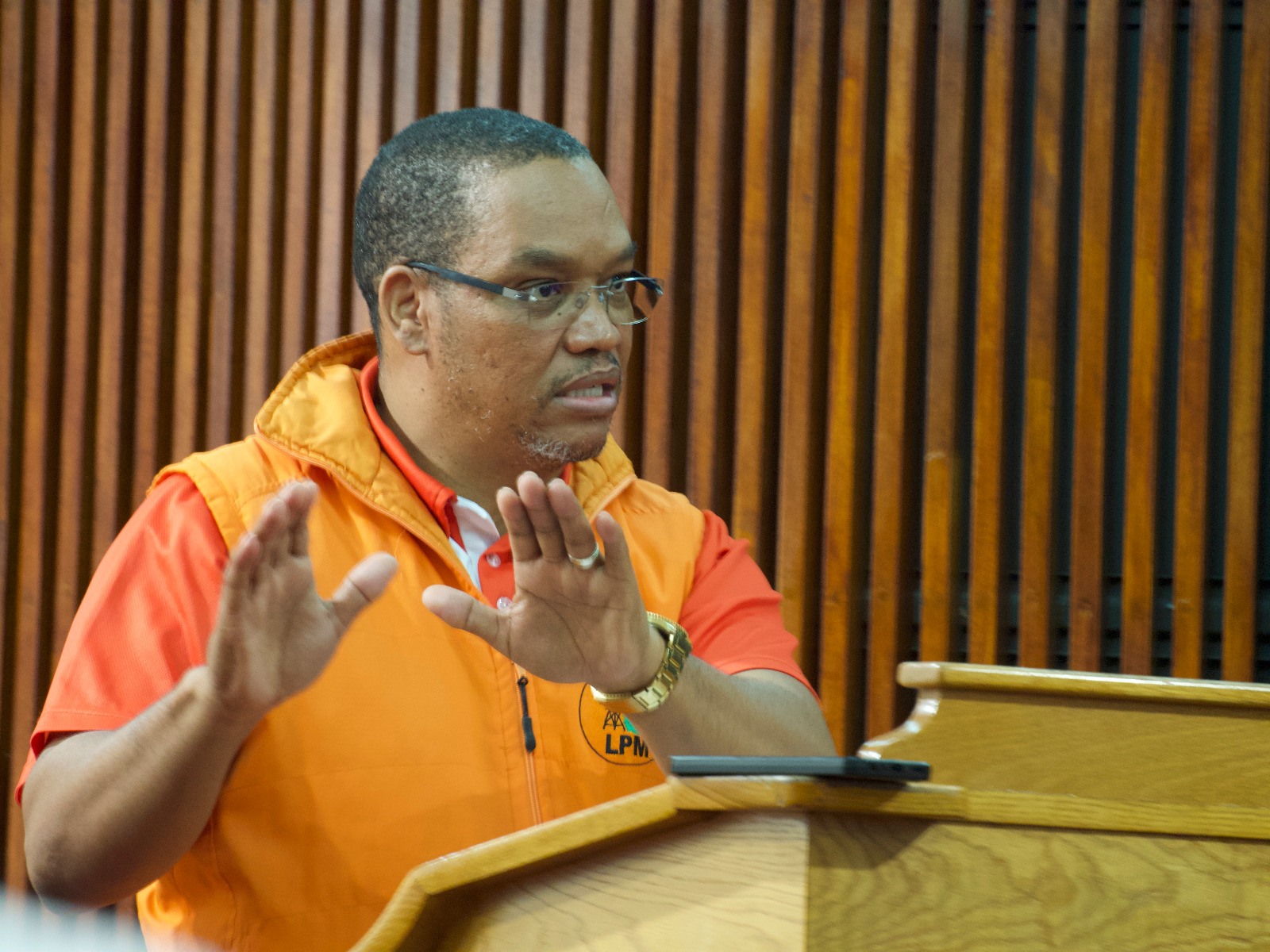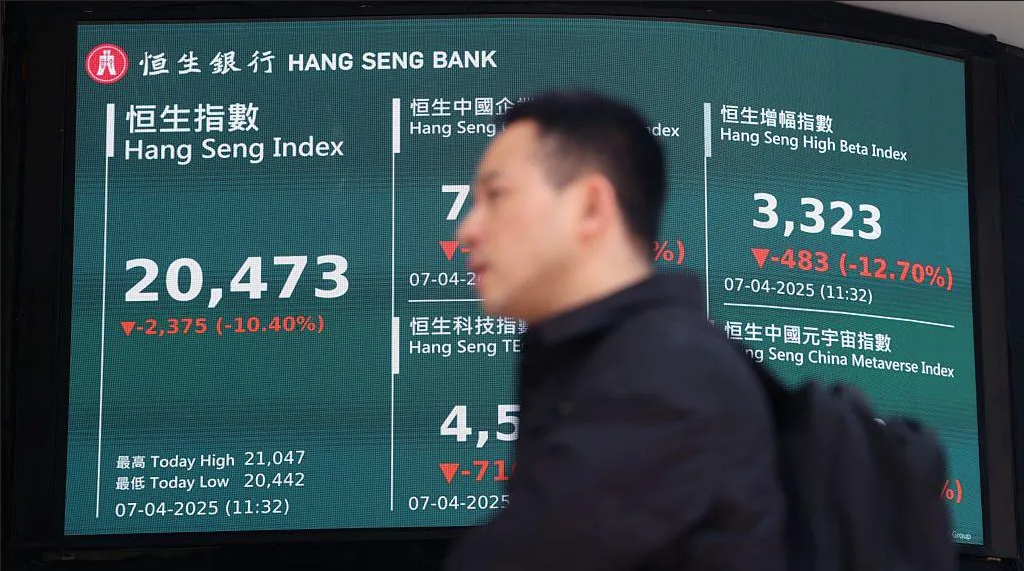THE Anti-Corruption Commission has reopened the investigation into the millions paid to UK-based lawyers for legal advice on the genocide reparations, finance minister Calle Schlettwein announced in parliament on Tuesday.
Schlettwein was responding to the motion on the issue tabled for debate last week by former Swanu president Usutuaije Maamberua. The debate continues in parliament today.
The Namibian reported last month that ACC director general Paulus Noa had closed the investigation into legal fees paid to the UK-based lawyers by the government.
Attorney general Sacky Shanghala last year hired Namibian and British lawyers – Anna Uukelo, Dexter Diaz, Cameron Miles, Richard Reinolds and Paul Clark – for about N$36 million. They were hired to research and review documents related to the 1904-08 genocide to strengthen government’s reparations case in negotiations with Germany.
While over the past few months conflicting amounts of the fees paid have been reported, on Tuesday Schlettwein said that the total amount paid to the lawyers was N$35,4 million.
According to Schlettwein’s parliamentary statement, Uukelo received a once-off payment of N$16,3 million, and Paul Clark also received a once-off payment of N$418 000.
Dexter Dias, Richard Reinolds and Cameron Miles received two payments each – Diaz received N$14,5 million and N$2,3 million; Reinolds N$385 000 and N$400 000; and Cameron Miles N$817 000 and N$167 900.
Schlettwein said N$3,4 million had been paid through the international relations ministry.
While Noa has previously been quoted saying that the investigation was closed because no evidence of criminal wrongdoing was found in the payment of the lawyers, Schlettwein on Tuesday said the ACC’s reopening of the investigation was based on more information received.
The finance minister also made it clear in his statement that the fees had not been included in the approved budget for 2016/17 of the attorney general’s office, which had requested treasury to settle the legal charges.
“The State Finance Act prohibits payments for expenditures that are not appropriated, and therefore this request could not be honoured,” he stated.
He confirmed what had reported recently, that treasury was forced to settle the legal fees to avoid “the Namibian embassy building in London being attached and further penalties being imposed”.
He said the remaining balance was paid from the attorney general’s budget for 2017/18 in provisions for unpaid invoices from the previous financial year.
Schlettwein said that relevant invoices were requested to verify whether the services were properly sourced and had been satisfactory rendered.
However, upon careful review of the documents about the payments, it became clear that the records appeared to be incomplete as fee arrangements and terms of engagements signed by lawyers had not been included.
It also became clear that the fees appeared excessive and “several discrepancies in information provided by the lawyers in their invoices were noted”.
Schlettwein said that after various discussions with the attorney general, he was informed that the UK-based lawyers had initiated legal action against the Namibian government over the non-payment of their fees.
“It was then considered in the best interest [of the country] to make the payment and after that to investigate the observed shortcomings,” he said.
also earlier reported that Namibian advocate Sacky Akweenda who, according to Shanghala, worked with the UK-based lawyers, had also been paid.
However, Akweenda’s name does not appear on Schlettwein’s list of lawyers who were paid.
Akweenda has also in the past denied that he got paid, and said that he was part of the Cabinet committee on genocide.
Stay informed with The Namibian – your source for credible journalism. Get in-depth reporting and opinions for
only N$85 a month. Invest in journalism, invest in democracy –
Subscribe Now!










